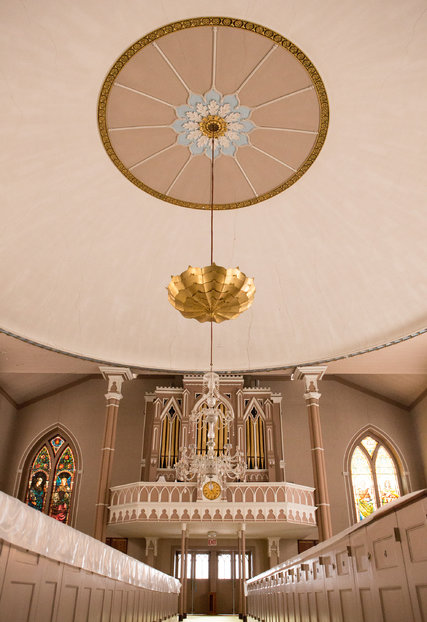Historian John Fea recently pointed out an article in the New York Time about how one Rhode Island Church is coming to grips with their past history of slavery.
We cannot gloss over our past nor can we replace it but we can, and should learn from it and provide the ability for others to do the same.
Here is a little sample from the article and link to the entire piece. It is well worth the read.
PROVIDENCE, R.I. — One of the darkest chapters of Rhode Island history involved the state’s pre-eminence in the slave trade, beginning in the 1700s. More than half of the slaving voyages from the United States left from ports in Providence, Newport and Bristol — so many, and so contrary to the popular image of slavery as primarily a scourge of the South, that Rhode Island has been called “the Deep North.”
That history will soon become more prominent as the Episcopal diocese here, which was steeped in the trans-Atlantic slave trade, establishes a museum dedicated to telling that story, the first in the country to do so, according to scholars.
Many of the shipbuilders, captains and financiers of those slaving voyages were Episcopalians. The church, like many others in its day, supported slavery and profited from it even after the trans-Atlantic slave trade was outlawed and slavery had been banned in the state. Among the most notable Episcopalian slaveholders were Thomas Jefferson, who was active for some time in the church, and George Washington.

